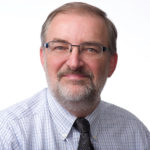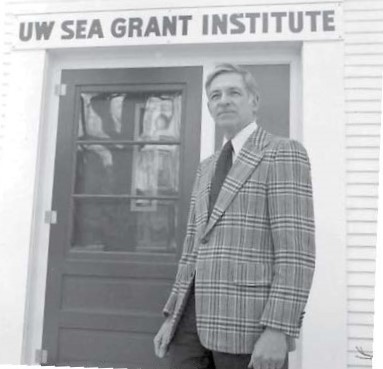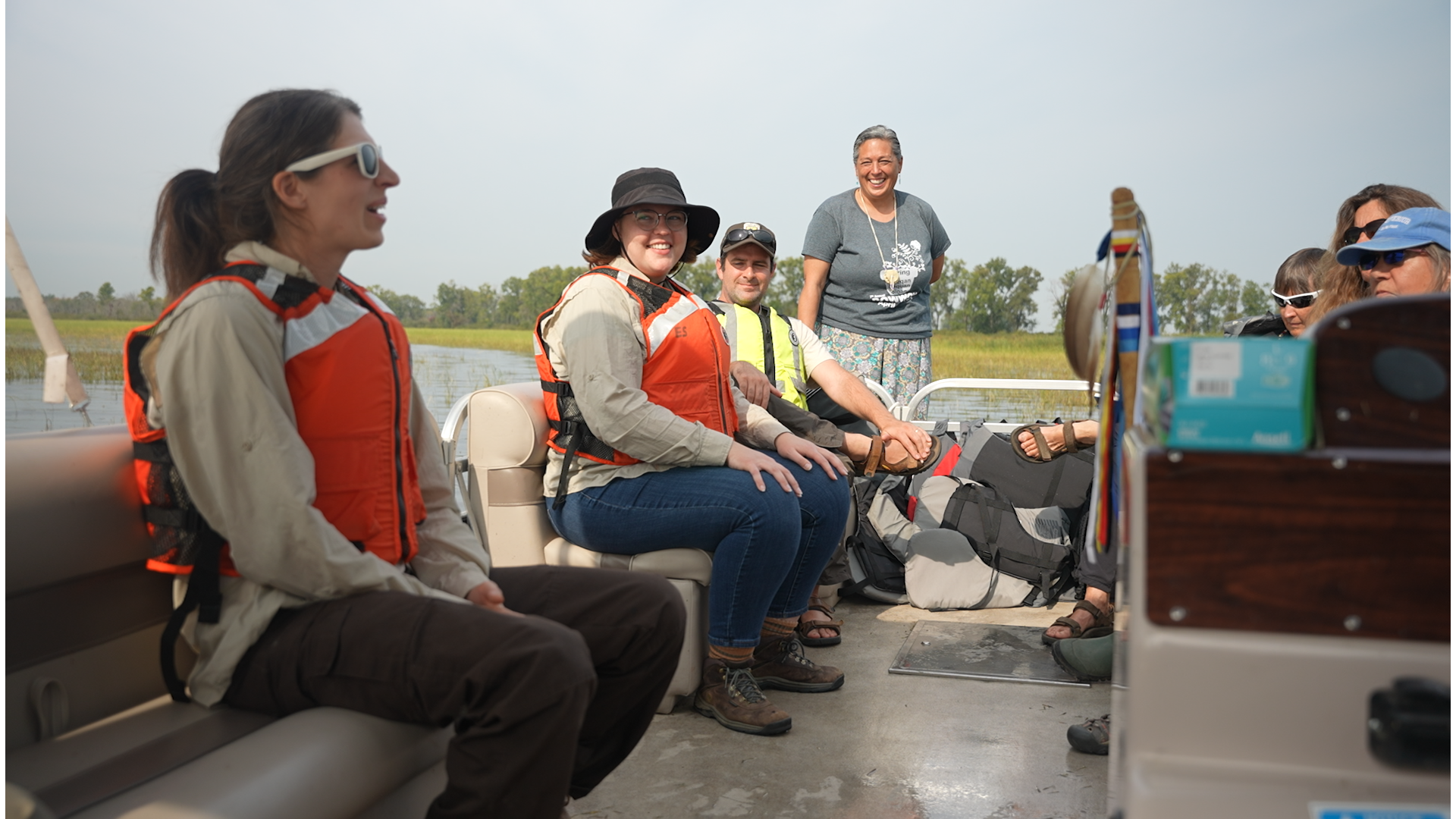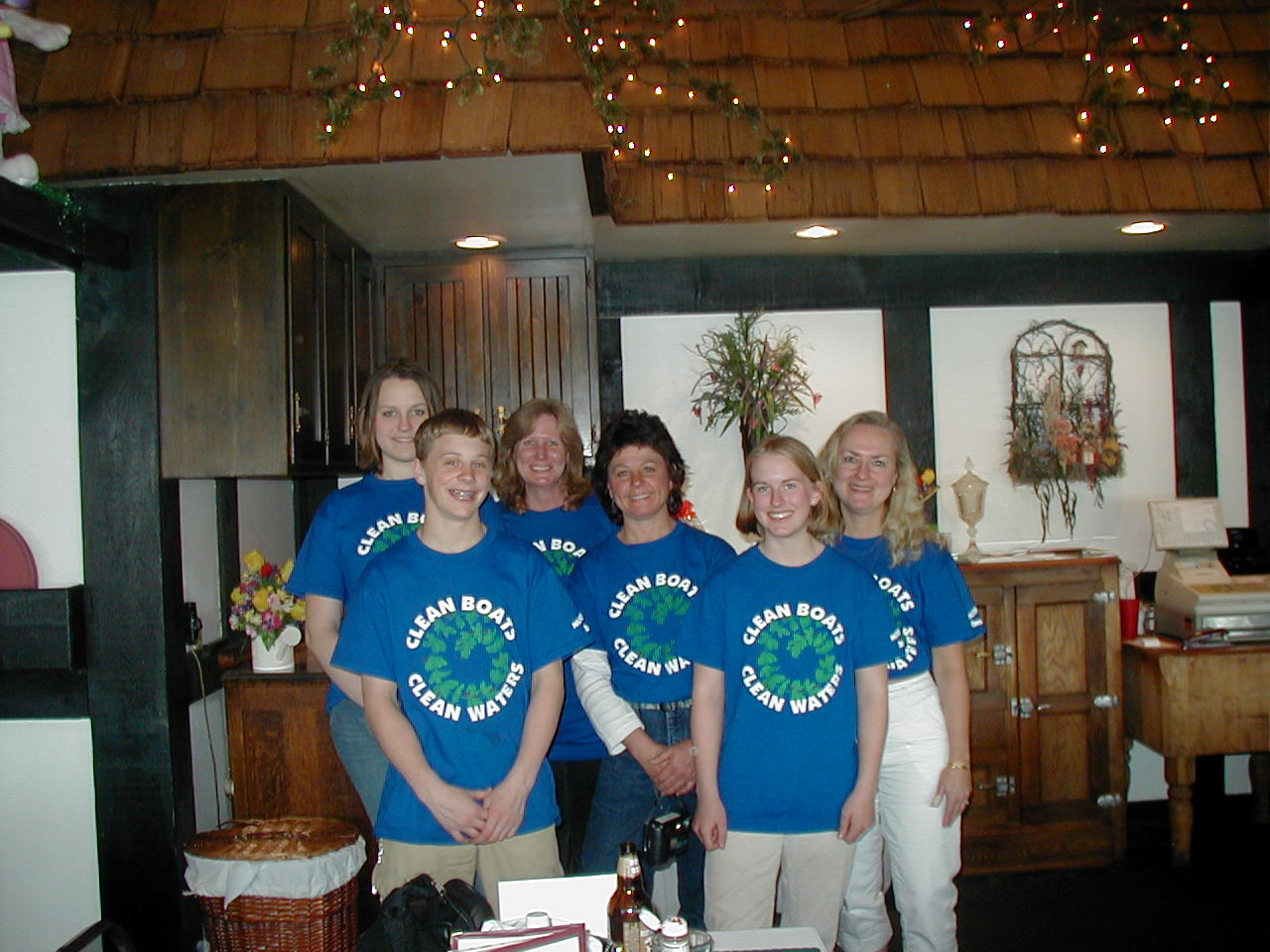Update: this event, previously scheduled for April 14, has been moved to April 28; the Zoom registration link remains the same.
The next installment in Wisconsin Sea Grant’s “Lake Talks” series will focus on the organization itself, as it celebrates its 50th anniversary year.

Dr. Jim Hurley, Wisconsin Sea Grant director
Sea Grant Director Jim Hurley will present “Sea Grant at 50: Looking back, moving forward,” examining the formation of this science-based organization devoted to the sustainable use and protection of our Great Lakes resources. He’ll also discuss its current work and where it is headed as it looks ahead to the next 50 years.
The online event takes place Thursday, April 28, from 7 to 8 p.m. on Zoom. Registration is required and open now. The hour will include time for audience questions.
Hurley is also a professor in the Department of Civil and Environmental Engineering at the University of Wisconsin-Madison. His research interests include the cycling of mercury in the Great Lakes. He is the third director in Wisconsin Sea Grant’s history, having taken the helm in 2012. From 2017 to 2019, he also served as president of the national Sea Grant Association.

Wisconsin Sea Grant owes much to its founding director, Dr. Bob Ragotzkie.
Said Hurley, “I’m fortunate to be able to build on the foundation laid by my predecessors, founding director Bob Ragotzkie and Anders Andren. As the Sea Grant program was being created on the national level in the 1960s, Ragotzkie really stood up for the Great Lakes to ensure that these inland seas were a part of the program, and not just our ocean coasts. We are still reaping the benefits of his vision. We’re also actively considering how we can best serve the people of Wisconsin and the Great Lakes in our present moment and moving forward.”
Wisconsin Sea Grant works in many areas, from commercial fisheries and aquaculture, to aquatic invasive species, to dealing with emerging contaminants in our water. It is a program of the University of Wisconsin System, with headquarters on the Madison campus and additional staff at field offices around the state, such as Superior, Green Bay, Manitowoc, Milwaukee and Kenosha County.
The organization also funds a robust portfolio of Great Lakes- and water-related research conducted at campuses around the state.
For Lake Talks event and registration information, visit the Sea Grant website, or follow Wisconsin Sea Grant on Facebook or Twitter. You can register for the April 14 presentation now.
For questions about this series, contact Wisconsin Sea Grant science communicator Jennifer Smith.





